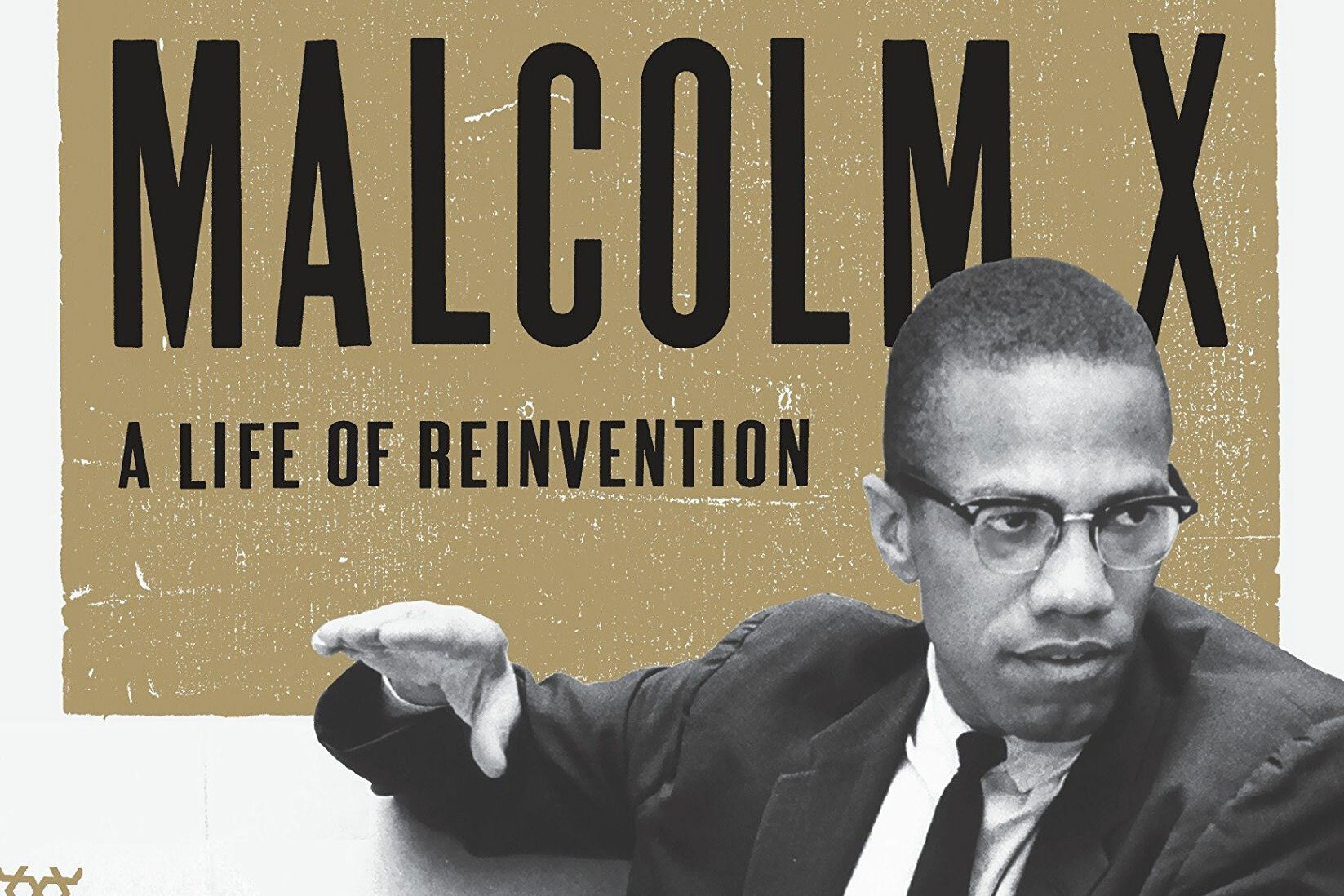“Expert Political Judgment” by Philip E. Tetlock
Expert Political Judgment: How Good Is It? How Can We Know?
By Philip E. Tetlock
2005
368 pages / 9 hours and 48 minutes
Nonfiction
—
I’ve had the opportunity to play a chess grandmaster twice. It felt like being a flea in a hurricane. The grandmaster was playing about 30 boards at once. He would make a move, go to the next board, and you had until he came back around to your board to decide on your move. I would make my move and he would immediately make his and then go for another round. To say that I never had a chance is to grossly underestimate the massacre that it was. My only goal was to outlast the eight-year-old sitting to my left. Which, just for the record, I did.
The grandmaster had that quality that we generally describe as expertise. He had spent so much time with chess that he could very quickly analyze a board by glancing at it and plot the best lines to play. Malcolm Gladwell has famously argued that it requires 10,000 hours of practice to become an expert on anything. To do the math on that, that would be about three hours a day for a decade! It’s unlikely I’ll ever become an expert on anything.
But let me raise a question: is it possible that expertise simply does not exist in some areas? Are there fields in which even 10,000 hours would not constitute any real expertise? And the auxiliary question arises: how would one measure such expertise when its parameters are not as clearly defined as in a game like chess?
This brings me to Expert Political Judgment, a book I recommend only with fear and trembling. I recommend it with trepidation, fully admitting that the technical mathematics spelled out in the appendix are totally beyond me. I do understand the argument, which is absolutely crucial. He wants to answer a deceptively simple-sounding question: Is there such a thing as expert political judgment? We pretty much assume there is – or at least policy experts and news outlets assume so. There are people all over the government whose job is to apply their particular expertise in some part of the world to help predict what might happen. News programs of all political stripes regularly host panels of experts to give us their learned guidance.
The problem is to define what expertise looks like when it is not as clear as winning a chess game, or outside the lines of any number of other technical enterprises where success is easily gauged. So Tetlock uses the metrics of predictability. Are any of these political experts any better at predicting what might actually happen in their particular area of expertise than the average person sitting on their couch might be?
What I’m about to share could, I guess, be considered a spoiler, though I assure you the book’s argument is much richer. When you watch Fox News or CNN tonight and listen to the bloviating experts from government and media expounding on what’s going to happen next, you should picture a monkey throwing darts at a dart board. That’s the level of expertise at play. If you are going to watch that stuff, you really should know that.








